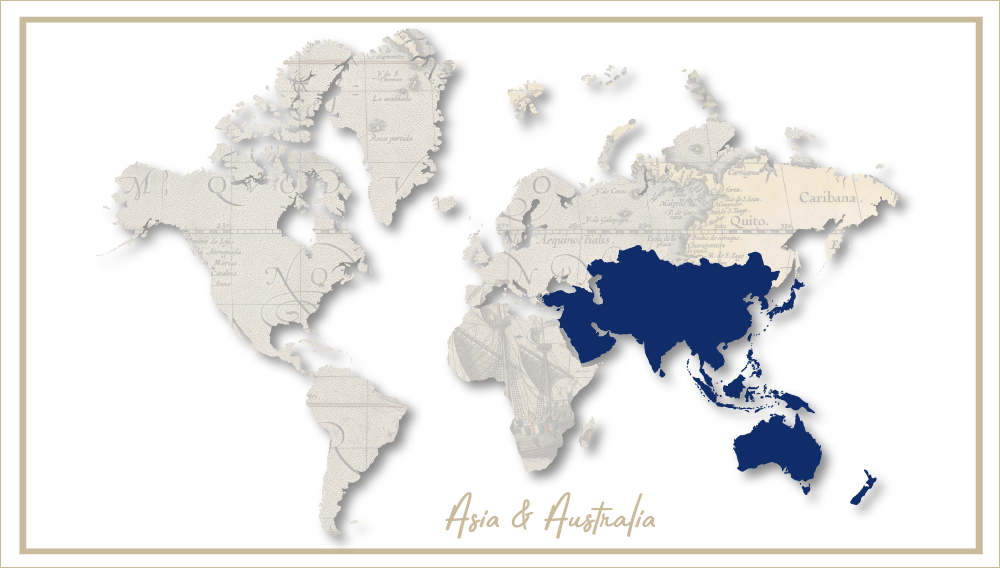Heineken and Kingfisher tycoon Vijay Mallya settle their dispute
Heineken and the colourful Indian tycoon fell out with each other early last year, when Heineken took over a 37.5 percent stake in UB, India’s largest brewer, which is also 37.5 percent co-owned by Mr Mallya.
Media reports say that Mr Mallya sued the Dutch company and denied it access to UB’s books, demanding that it give up its stake in UB because Heineken also owns an interest in Singapore’s Asia Pacific Breweries (APB), maker of Tiger beer and one of UB’s fiercest rivals.
Initially, Heineken refused to relinquish APB’s two Indian breweries and instead used them as bargaining chips, probably after the Dutch came to realise that there was no point in trusting Indian courts to defend their rights. So they bowed to Mr Mallya’s demands.
Under the terms of the new agreement, Heineken will acquire APB’s Indian operations for EUR 25 million and roll them into UB during 2010.
APB’s Aurangabad brewery is located in the state of Maharashtra. The brewery has a technical capacity of 300,000 hl per year and brews Cannon 10000, Tiger and Barons. APB’s Pearl brewery is located in the state of Andhra Pradesh. This brewery has a technical capacity of 160,000 hl per year and brews Cannon 10000 and Tiger, Heineken says.
The new arrangement with Mr Mallya allows Heineken to brew and market its products, which include the Amstel beer brand, in India, where the premium beer segment is currently estimated at 6 percent of the total beer market.
Heineken will also bring in Guido de Boer as Chief Financial Officer at UB and will take two further seats on the UB board.
The press statement says that Heineken, Mr Mallya and his associates jointly hold a majority interest of 75 percent in UB, the number one brewer in India with a 48 percent market share. Heineken holds a 37.5 percent interest in UB, likewise Mr Mallya, with the remaining 25 percent held publicly.
UB’s flagship brand, Kingfisher, is the number one beer brand in India and available in more than 50 countries.
India has been up and coming as a beer nation. Still, volumes are very low.
Reported volumes over the 12 month period (April 2008 until March 2009) are 6.4 million hl, says Heineken, which represents a volume growth of 9 percent.
In 2009, the Indian beer market is expected to grow to 14.4 million hl.
The Indian beer market has historically been experiencing double-digit volume growth and is expected to continue a strong growth driven by the rapidly developing middle class, favourable demographics, strong economic fundamentals and a shift from other alcoholic beverages.
Beer consumption per capita is currently estimated at 1.3 litres per annum against 23 litres in China.

